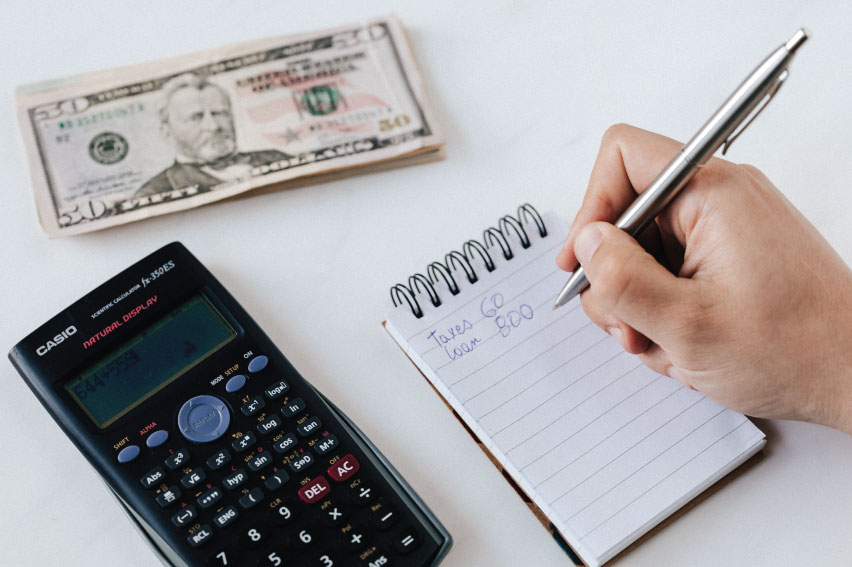Budgeting can stretch a tight income and protect a large fortune. It’s one of the smartest financial moves you can make. One of the best ways to get used to budgeting is to start with a weekly budget. A weekly budget can be a valuable tool, here are some simple steps to help get you started.
Analyze Your Income and Expenses
The first step is to analyze your cash flow and regular expenses so you can understand what you are earning and spending, including mortgage and other bill payments, utilities, food, transportation, and entertainment. You can do this using an editable calendar template in Google Sheets or Microsoft Excel. Understanding how much you have coming in and how much is going out is the most important step in taking control of your weekly budgeting.
Look for Ways to Cut Costs
The next step is to reduce your expenses. Highlight some areas in your budget where you can cut costs. Maybe you’re spending too much on Amazon or paying for too many streaming services.
You could probably eliminate at least $15 to $20 from your budget by changing one small habit. That’s enough to buy a new stock weekly or make a regular contribution to a savings account.
Pick a Budget Planner
There are a few different systems you can use for weekly budgeting.
- Create and Print a Budget Sheet. One of the easiest methods is to create a budget in a spreadsheet that you can print and tack on your refrigerator or hang over your desk. Similarly, there are plenty of great budget templates for tracking income and expenses. These templates should be used weekly or biweekly, making it easy to budget around your pay schedule.
- Download a Budget App. There are a variety of different budgeting apps on the market. These apps can help you manage all your financial accounts in one place. Explore the various mobile budgeting solutions available and pick one that matches your needs.
- Try an Old School Method: The Envelope System. Your parents and grandparents might have used the old-school envelope system. This strategy involves putting cash in envelopes labeled for specific budgetary needs. If you budget carefully, you should have enough cash at the end of the week to either contribute toward the next round of budgeting or allocate into savings, investing, and retirement accounts. The nice thing about this system is that if you go overboard, you can draw from another envelope. So if you burn through your food expenses before the end of the week, you’ll have to pull from another category to make ends meet.
Maintain Discipline
Just because money is in your bank account doesn’t mean you should freely spend it. Even if you have a substantial cash flow, that’s a quick way to wind up broke.
To build and maintain financial discipline, start small. Before you purchase any item, decide if you need it or if you’re buying it out of habit or boredom.
Review Your Progress
Why do you need to review your progress? Easy: because life throws curveballs at you each day. For example, you may need to save up to replace a broken-down car. On the other hand, you might get a promotion at work and make more money. Lifestyles change, and budgets need to be flexible, too.
Bottom Line
Budgeting works best when it’s a simple system that you can maintain over time, one that works for you and your life. This is critical if you want to reach your financial goals and financial security. What matters most is finding something that you think will work, trying it on, experimenting, and making it suit your life.
We’re here for you.
Would you like to understand your options better? Contact us for a free consultation, and we’ll help you make the best decision for you and your family.

